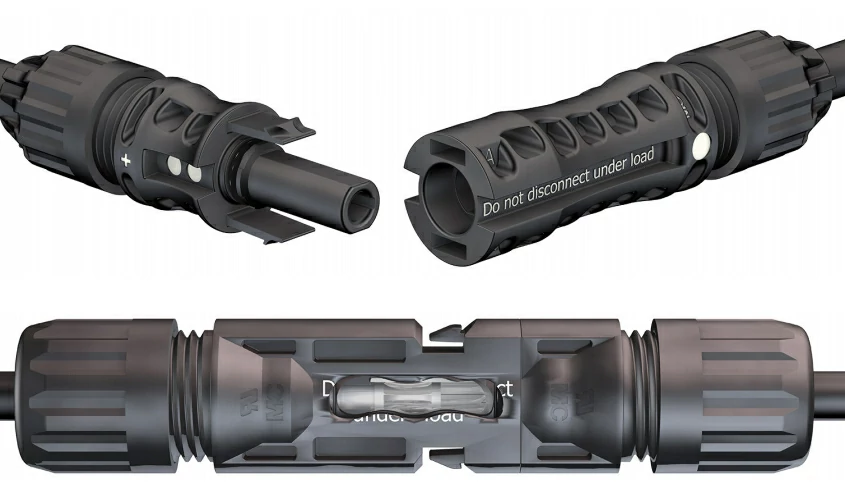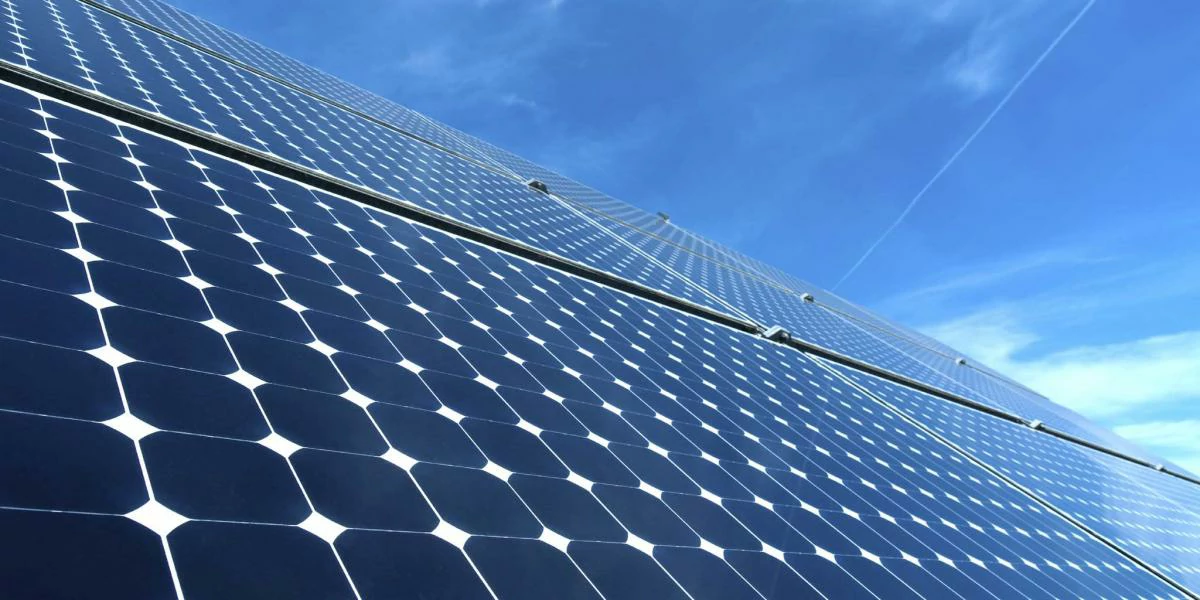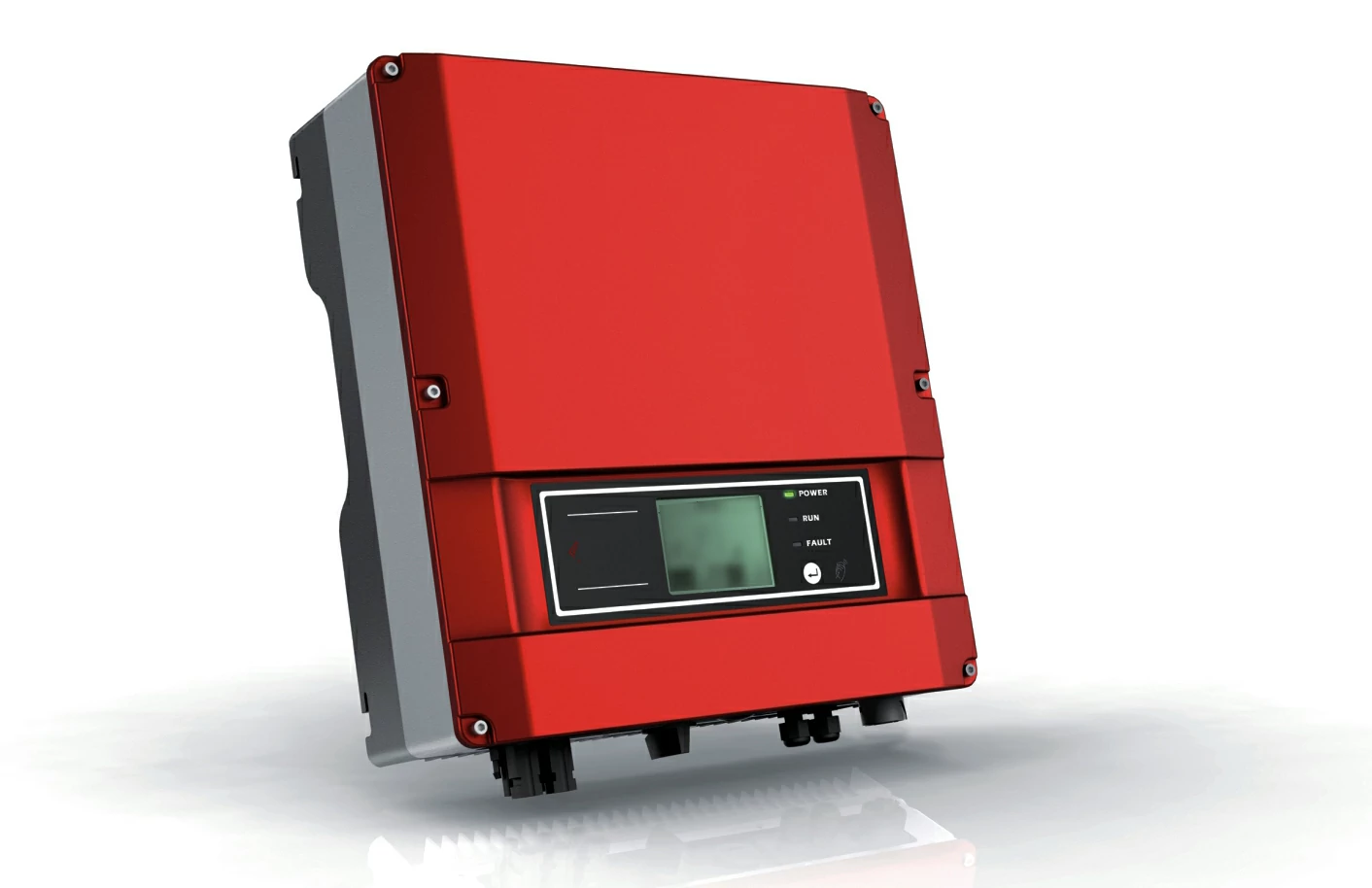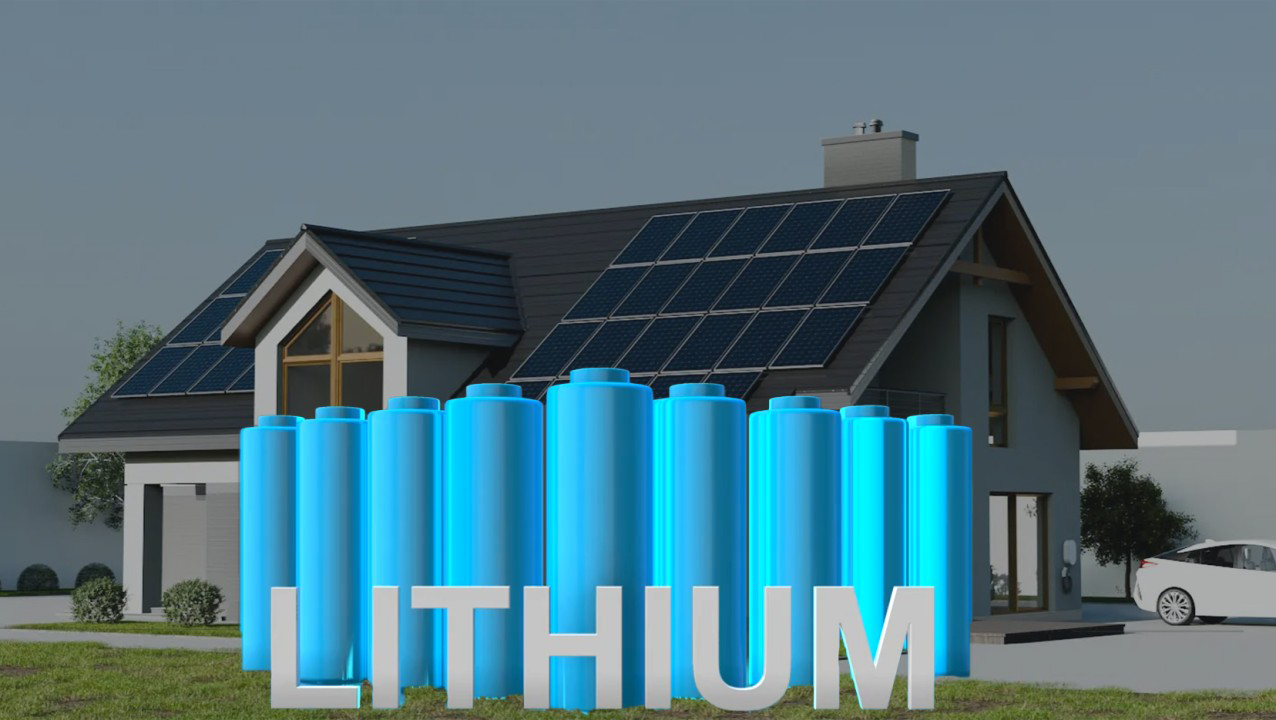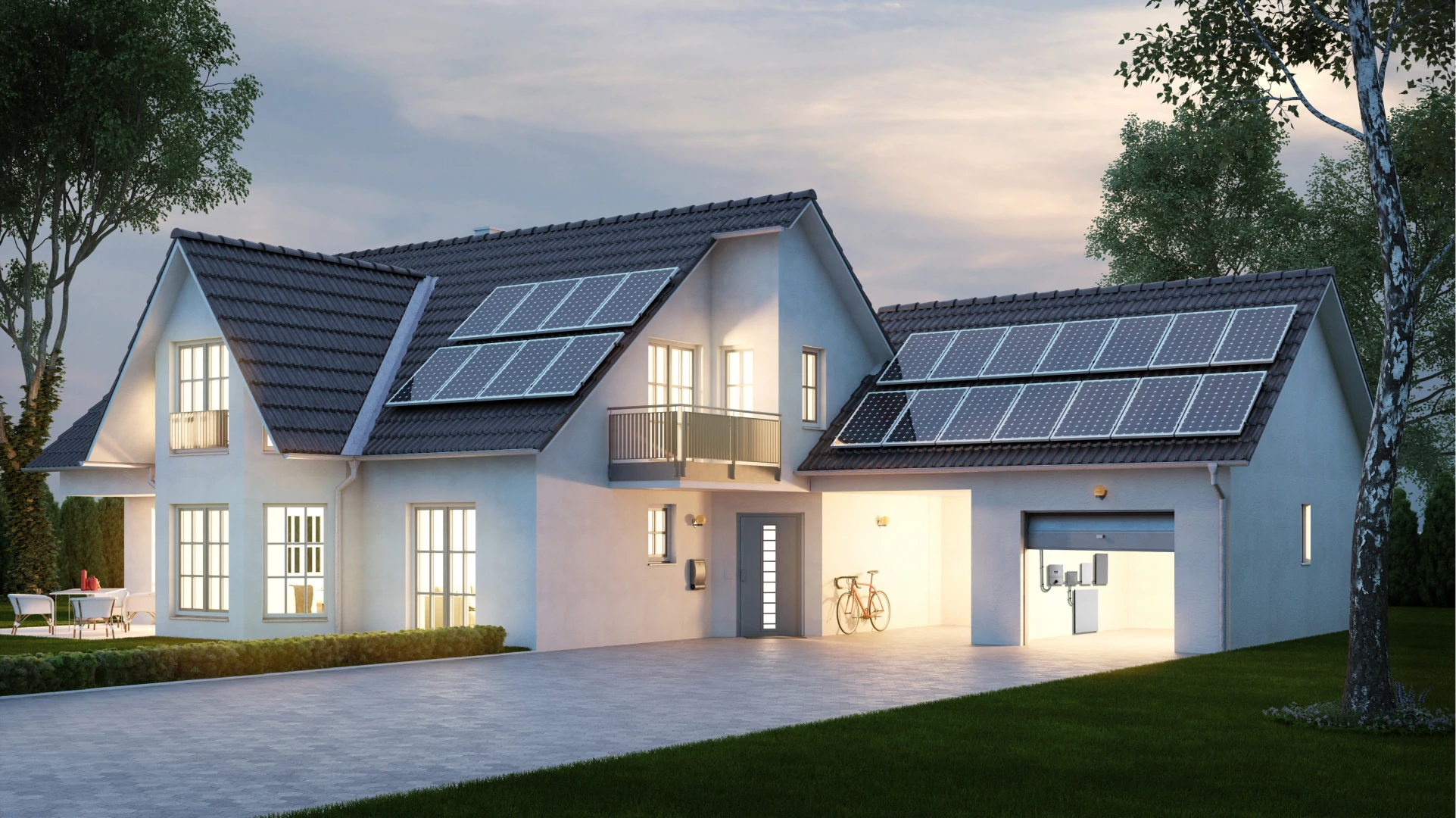Solar connector With the rapid development of global renewable energy,...
What is solar energy storage system?
With the rapid development of renewable energy, solar energy storage systems, as a solution for efficient use of solar energy, are increasingly favored by home and commercial users. Solar energy storage systems can not only effectively reduce electricity costs, but also improve energy self-sufficiency, especially in areas with tight power supply. This article will introduce the working principle of solar energy storage system and its main components, including home energy storage batteries, inverters, solar modules, solar controllers and solar connectors.
Working principle
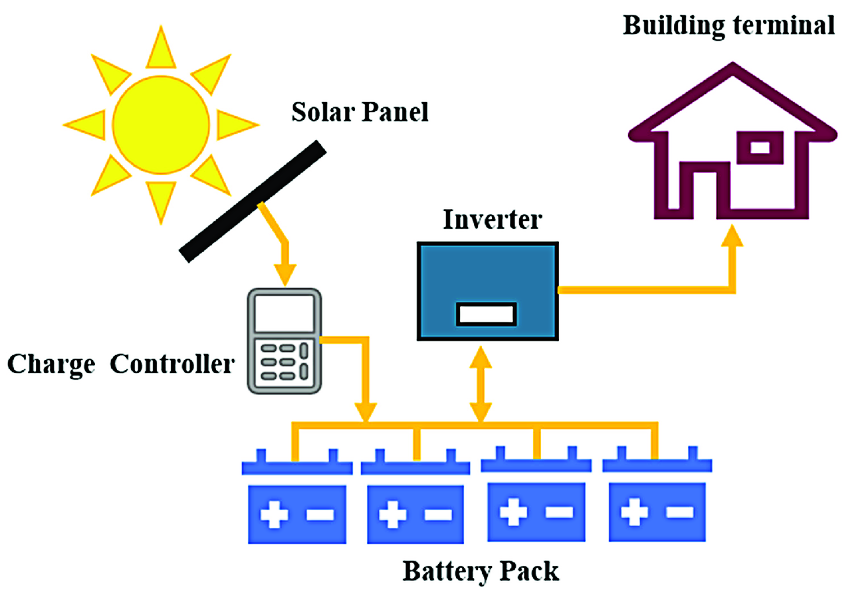
The basic working principle of PV energy storage system is to convert solar energy into electrical energy to provide electricity for home, office or commercial facilities when needed. The system first captures sunlight through solar modules and converts the light energy into direct current (DC). Next, an inverter converts the direct current (DC) into alternating current (AC) that can be used by home appliances. The excess power is then stored into the home energy storage battery through the PV controller, so that it can be released in case of poor light conditions or increased power demand to provide backup power for the home. At the same time, the PV controller is also responsible for managing the operation of the whole system, monitoring the power generation of the PV module and the charging and discharging state of the battery to ensure the efficient and safe operation of the system.
Main component
The home energy storage battery is the core part of the solar energy storage system, which is responsible for storing the electric energy generated from the soalr module. Common types of home energy storage batteries include lithium-ion and lead-acid batteries. Lithium-ion batteries are increasingly favored because of their high energy density, long life and high efficiency. The capacity of the energy storage battery determines how much electric energy the system can store, so it needs to be rationally configured according to the electricity demand of the household and the solar power generation capacity during the design.
Inverters are used to convert the direct current generated by solar modules into alternating current for use by household appliances. The choice of inverter directly affects the efficiency and stability of the system. Modern inverters not only have traditional inverter functions, but also integrate a number of advanced functions such as intelligent monitoring and power management, which can work with solar modules and energy storage batteries to optimize power output.
Solar module is the most basic part of photovoltaic energy storage system, consisting of a number of solar cells in series or parallel. They are responsible for capturing sunlight and converting it into electricity Inverter.
The efficiency and power generation capacity of solar modules directly affect the overall performance of the system, and the commonly used solar module materials include monocrystalline silicon, polysilicon and so on. With the continuous progress of technology, the efficiency of new solar modules is also increasing, and it can effectively generate electricity in different weather conditions.
The solar controller is a management center connecting solar modules, energy storage batteries and inverters, and is mainly responsible for the following functions:
Charge and discharge control: Monitor the charge and discharge status of the energy storage battery to prevent overcharge and overdischarge from causing damage to the battery.
System protection: Detect the working status of the system, and provide over current, over temperature and other safety protection mechanisms.
Data monitoring: real-time monitoring of the power generation of solar modules and battery power status, which can be fed back to the user through the display or mobile phone application for data analysis and optimization.
Solar connectors are used to connect solar modules, inverters and controllers and are an important part of the electrical connection of the system. They ensure the efficient transmission of electrical energy, while having features such as water and dust resistance, ensuring the safe and stable operation of the system under various environmental conditions.
Solar energy storage systems can be classified according to multiple dimensions to adapt to different application needs and environmental conditions.
First of all, according to the coupling method of solar and energy storage system, the system can be divided into two types: direct coupling means that solar power generation is directly connected to the energy storage system, while indirect coupling may involve additional energy conversion or management links.
Secondly, the system can be further classified according to whether it is integrated into the grid, which can be divided into grid-connected systems and off-grid systems, where the grid-connected system can directly exchange energy with the grid, while the off-grid system operates independently of the grid.
In addition, depending on the degree of integration of the product, solar energy storage systems can be highly integrated, that is, all components (including solar panels, inverters, batteries and control systems) are pre-installed in a single unit, or non-integrated, requiring users to combine their own parts according to specific needs.
Finally, the voltage level of the battery pack is also a standard for classification, high-voltage battery packs are suitable for large-scale energy storage and long-distance transmission, while low-voltage battery packs are more suitable for small or household systems to reduce costs and simplify installation. Together, these classification criteria determine the performance, cost and applicability of solar energy storage systems.
As an efficient energy management solution, solar energy storage system can not only optimize the energy structure, improve energy efficiency, but also bring direct economic benefits to enterprises and individuals. By flexibly storing and releasing electrical energy, solar energy storage systems are able to participate in various transactions and services in the electricity market, thus achieving profitability.
Solar energy storage systems, with their clean, renewable and flexible characteristics, play an important role in a variety of application scenarios. From distributed energy systems in homes and communities, to energy management in the industrial and commercial sectors, to grid-side energy storage facilities, and to provide stable power supply to remote areas, solar energy storage systems have a wide range of applications and diversification. These application scenarios not only reflect the practical value of solar energy storage technology, but also demonstrate its potential in promoting energy transition and improving energy efficiency.
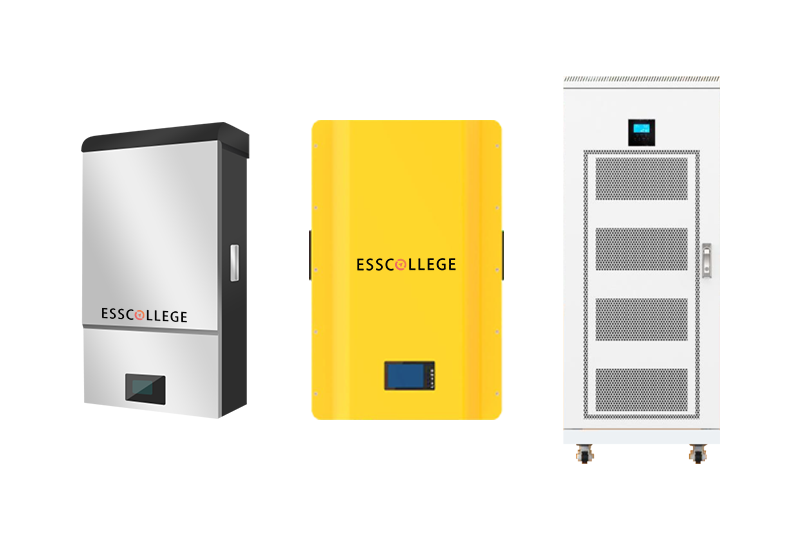
Home energy storage product series
A lithium battery pack for home energy storage systems, which is compatible with solar panels and the sun The inverter can work together with the power grid to power household appliances, and it can also be used as a For off grid systems.
Extended reading
LiFePo4 home energy storage battery
A highly integrated backup power solution for solar home energy...
THE ESSC Brand promise
Global supply
Our products sell well all over the world, covering many countries and regions, through the global logistics network, to provide customers with convenient purchasing experience.
Rigorous quality
We adhere to the highest quality control standards to ensure every product meets industry regulations and customer expectations, earning trust through consistent excellence.
Excellent service
With a customer-centric approach, we provide prompt responses, professional support, and personalized services, aiming to deliver the best user experience and long-term value.
